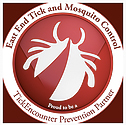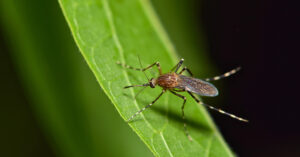 Mosquito season can sneak up on you. Seems like one day you are bundled up against the cold and the next you’re fanning yourself in the heat swatting away mosquitoes. With so many things competing for our attention every day, it is easy to forget about mosquito mitigation until the problem becomes undeniable.
Mosquito season can sneak up on you. Seems like one day you are bundled up against the cold and the next you’re fanning yourself in the heat swatting away mosquitoes. With so many things competing for our attention every day, it is easy to forget about mosquito mitigation until the problem becomes undeniable.
Allowing these aggravating pests to become established in your yard isn’t just a nuisance. Mosquitoes are vectors for serious diseases that can result in debilitating illness. Even if you didn’t get an early start on mosquito control, you can still significantly reduce your risk of mosquito bites and increase your peace of mind.

 Ticks are a problem, but also a fact of life when living in
Ticks are a problem, but also a fact of life when living in  Spring is in the air. Which means it’s not only time to enjoy the warmer weather, but it’s also
Spring is in the air. Which means it’s not only time to enjoy the warmer weather, but it’s also  Late winter in Long Island can be unpredictable. Some days feel like we’re living in a deep freeze, and others seem like we skipped right over spring and fell headlong into summer.
Late winter in Long Island can be unpredictable. Some days feel like we’re living in a deep freeze, and others seem like we skipped right over spring and fell headlong into summer.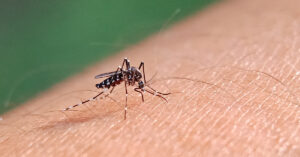 During the summer, you are likely to encounter mosquitoes while spending time outdoors. Mosquitoes are a nuisance and will invade your space and can transmit dangerous diseases. There are many different species of mosquitoes to be aware of when you travel. The team at East End Tick and Mosquito Control® has extensive knowledge of mosquitoes and is here to warn you about three different mosquitoes
During the summer, you are likely to encounter mosquitoes while spending time outdoors. Mosquitoes are a nuisance and will invade your space and can transmit dangerous diseases. There are many different species of mosquitoes to be aware of when you travel. The team at East End Tick and Mosquito Control® has extensive knowledge of mosquitoes and is here to warn you about three different mosquitoes 
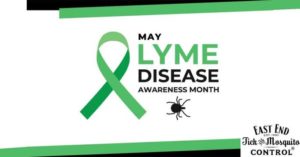
 Spring is here, and so are pesky, disease-carrying ticks. We should be able to freely enjoy the warm weather without worrying about becoming an all-you-can-eat buffet for these bothersome insects who can transmit life-threatening diseases. Luckily, the East End Tick Control® experts have extensive knowledge of how to keep ticks away from you and your property. Here are three ways to protect yourself from ticks this spring.
Spring is here, and so are pesky, disease-carrying ticks. We should be able to freely enjoy the warm weather without worrying about becoming an all-you-can-eat buffet for these bothersome insects who can transmit life-threatening diseases. Luckily, the East End Tick Control® experts have extensive knowledge of how to keep ticks away from you and your property. Here are three ways to protect yourself from ticks this spring.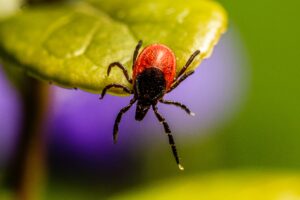 Spring has arrived and after being stuck inside all winter, we cannot wait to get back outside! However, it is important to remember that ticks are active, and the time to start preparing for Lyme Awareness Month is now.
Spring has arrived and after being stuck inside all winter, we cannot wait to get back outside! However, it is important to remember that ticks are active, and the time to start preparing for Lyme Awareness Month is now. 